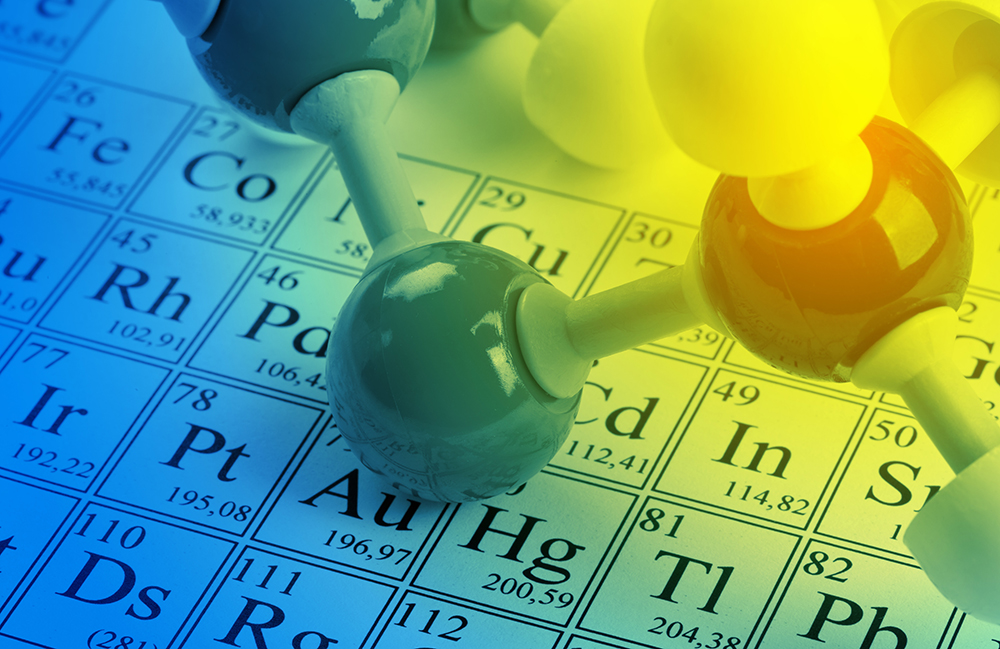Synthetic drugs, also known as as “designer drugs,” are human-made substances designed to mimic the effects of natural drugs. Unlike traditional plant-derived substances, synthetic drugs come from laboratories, and often have unpredictable potency and effects. While some synthetic drugs serve legitimate medical purposes, others are available illegally for recreational use – posing severe health risks.
The dangers of synthetic drugs stem from their inconsistent chemical compositions and high potential for addiction, making them a significant concern in the ongoing substance abuse crisis.
What Are Synthetic Drugs?
Most designer drugs enter the U.S. from overseas labs, primarily in China and Mexico. Their unpredictable nature makes them extremely dangerous.
- Synthetic cannabinoids (“spice” or “K2”): These chemicals mimic THC, the psychoactive compound in cannabis. Unlike natural cannabis, synthetic cannabinoids can cause hallucinations, extreme paranoia and severe anxiety. Some people have experienced seizures, heart attacks and even death.
- Synthetic cathinones (“bath salts”): These stimulants mimic MDMA, methamphetamine and cocaine. They can trigger aggressive behavior, violent outbursts, paranoia, self-harm and extreme agitation.
- Synthetic psychedelics (e.g., 25I-NBOMe): These drugs attempt to replicate the effects of LSD and other hallucinogens. They are significantly more potent than their natural counterparts. Users may experience psychotic episodes, seizures and fatal overdoses.
- Fentanyl: This synthetic opioid can be up to 100 times stronger than morphine, making it a leading contributor to the opioid overdose crisis. Drug dealers mix fentanyl into counterfeit pills and other substances, which can cause people to take it unknowingly.
The Hidden Risks of Synthetic Drugs
Unlike traditional drugs, synthetic substances have no standardized formulas – meaning each batch can have vastly different effects. Due to this inconsistency, even small doses can be life-threatening. Users may experience severe panic attacks, psychosis or heart failure.
Continued use of synthetic drugs can lead to severe depression, anxiety, schizophrenia-like symptoms and cognitive impairments. Additional consequences may include addiction, criminal charges and irreversible health damage.
Why Synthetic Drug Detox Is Essential
Because synthetic drugs disrupt brain chemistry in unpredictable ways, detoxing from them requires specialized medical care to minimize severe withdrawal symptoms.
At Hope by the Sea, we understand the unique challenges of synthetic drug addiction. Our comprehensive detox and specialized treatment tracks provide a safe and supportive environment where you can reclaim your life. Each client receives a personalized detox plan to safely eliminate synthetic drugs from their system. Medical supervision prevents potentially life-threatening complications that can result from withdrawal.
When you complete detox and are stable enough to progress to the next stage of residential treatment, you’ll benefit from proven techniques like cognitive behavioral therapy, dialectical behavioral therapy and trauma-informed care to address the emotional and psychological causes of addiction.
Embrace a Healthier Future
If synthetic drug addiction is a problem in your life, don’t wait until it’s too late. These substances’ unpredictable nature makes them incredibly dangerous, and their effects on your brain chemistry means these drugs are difficult to quit without professional attention.
Hope by the Sea believes in a holistic approach to recovery. Our family-owned treatment center in California provides compassionate, individualized care to help you achieve lasting sobriety.
Reach out today to learn more about our synthetic drug detox and addiction treatment programs.

